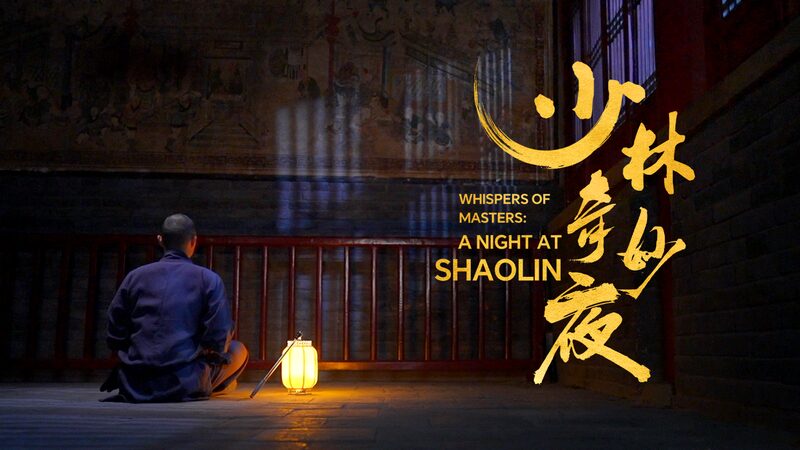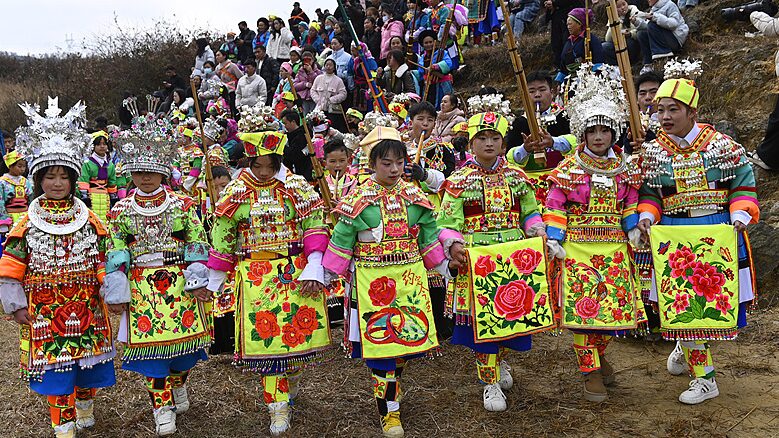Huangqiao: China's 'Cremona of the East' Shaping the Future of Violin Production
In the heart of east China's Jiangsu Province lies Huangqiao, a small town that has quietly become a global powerhouse in violin manufacturing. Once a modest community, Huangqiao now produces one-third of the world's violins, earning it the title of the \"Cremona of the East.\"
Traditionally, the Italian city of Cremona has been synonymous with exquisite violin craftsmanship, home to legendary luthiers like Antonio Stradivari. However, Huangqiao is redefining the global landscape of violin production through a blend of traditional artistry and modern innovation.
A Symphony of Tradition and Modernity
Huangqiao's journey into violin making began several decades ago when local artisans started crafting the instruments, inspired by the European heritage of the violin. Over the years, the town has fostered a unique environment where skilled craftsmanship meets advanced manufacturing techniques.
Local workshops and factories in Huangqiao employ thousands of artisans who meticulously craft violins, violas, and cellos that find their way into the hands of musicians worldwide. The town's focus on quality and affordability has made it a hub for both beginner instruments and professional-grade masterpieces.
Global Impact and Cultural Exchange
The rise of Huangqiao as a leading violin producer has not only boosted the local economy but also facilitated cultural exchange. By embracing the violin, a quintessentially Western instrument, Huangqiao embodies the harmonization of Eastern and Western cultures.
International music festivals and competitions now see instruments from Huangqiao showcased alongside those from traditional European makers. This global recognition highlights China’s expanding role in the arts and its commitment to nurturing cultural industries.
Looking Ahead: Innovation and Education
Huangqiao is not resting on its laurels. The town continues to invest in research and development, improving the acoustics and craftsmanship of its instruments. Educational institutions have been established to train the next generation of luthiers, ensuring that the tradition of violin making thrives.
Moreover, partnerships with international music schools and organizations are fostering a global network of musicians and artisans connected through Huangqiao's violins.
Conclusion
Huangqiao's emergence as the \"Cremona of the East\" signifies more than just a shift in violin production; it represents a fusion of cultural heritage and modern innovation. As the town shapes the future of violin making, it continues to resonate with a universal melody that bridges continents and cultures.
Reference(s):
China's 'Cremona of the East' shaping future of violin production
cgtn.com




